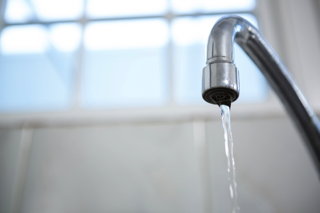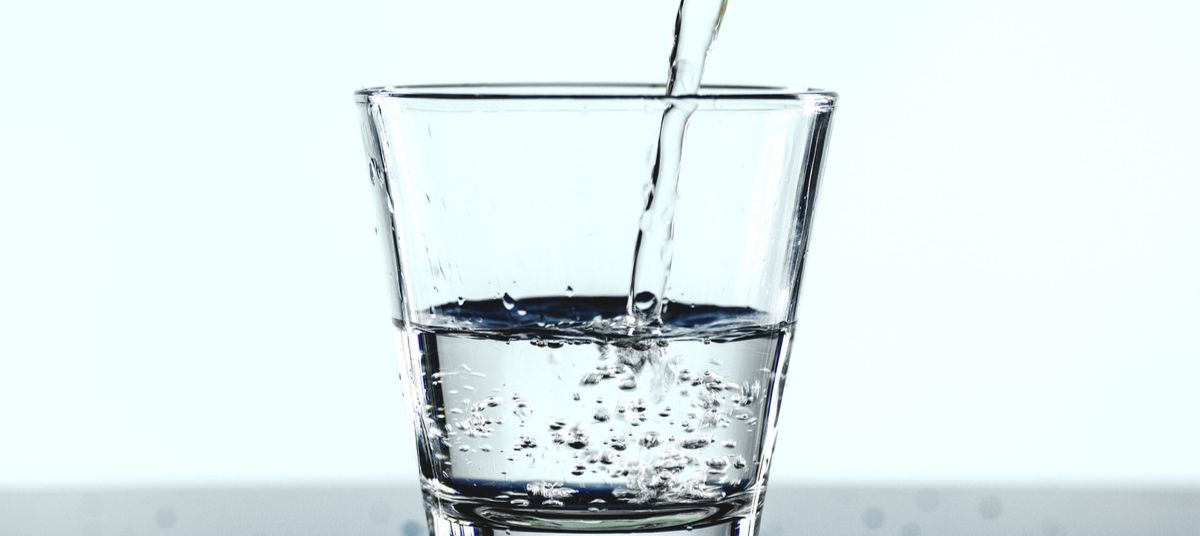
Although tap water is treated to prevent waterborne diseases, you still need to filter your tap water for truly clean water. Treated water protects us from things like Cryptosporidium and Giardia, yet municipal water supplies are loaded with chemicals used for treatment in addition to the hundreds of pollutants that contaminate our water supplies.
The most common chemicals used to treat drinking water are chlorine and chloramine. Chlorine has long been used to treat most water supplies. Chloramine, a combination of chlorine and ammonia, is less commonly used. Unlike chlorine, chloramine stays in the water longer and cannot be removed through boiling, distilling, or letting water sit uncovered.
Both chlorine and chloramine are effective in killing disease-causing organisms, however they are somewhat toxic themselves. Chloramine corrodes pipes, increasing the exposure to lead in older homes. Water that is treated with chloramine should also not be used in fish tanks, hydroponics, home brewing, or for dialysis.
Toxic pollutants in our water supplies
Although chlorine and chloramine prevent water-borne diseases, they unfortunately create carcinogenic compounds by reacting with organic particles ordinarily found in water.
The byproducts they create in this process are more toxic than the chlorine or chloramine alone. Research shows these compounds cause cancer in lab animals, produce inflammatory free radicals, irritate the skin and mucus membranes, impact the nervous system, and are linked to birth defects. Some researchers believe these byproducts are also associated with thousands of cases of bladder cancer each year.
Chlorine, chloramine, and the toxic byproducts they trigger are only part of the picture — our water supplies are contaminated by an estimated more than 100,000 industrial chemicals and heavy metals. These toxins come from car exhaust, pollution, farming, and industrial waste.
Treated drinking water has also been found to contain almost 40 different pharmaceutical drugs. There is no regulation on pharmaceutical drugs in drinking water and experts warn they could accumulate in people’s bodies, potentially interact with medicine people are taking, or contribute to antibiotic resistance.
Water bottles also contain contaminated water
Many people think drinking bottled water is the safe solution but bottled water is contaminated too. It also leeches harmful BPA chemicals from plastic bottles and sends them straight into your system. BPA is a hormone-disrupting chemical linked to multiple health disorders. Plastic water bottles also create serious pollution, particularly of our oceans.
Use a filter for healthier water
Filtering your water with a quality water filter can help reduce your exposure to industrial chemicals, their toxic byproducts, and pharmaceuticals. Invest in a heavy-duty carbon filter, one that will remove particles 0.8 microns or under. Check if your water has chloramine, and if so, look for filters designed to remove it as it is harder to remove.
Also, consider filtering water coming from your bath faucet and shower head. Your skin is very permeable and also absorbs toxic chemicals. Whole-house filters are a good option for this. People who filter their shower water often report improved skin and hair condition.
Call us at Solaris Whole Health for help reaching your optimum health goals!

